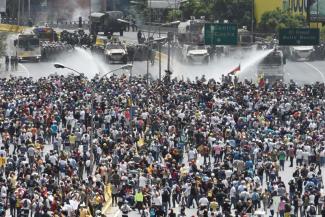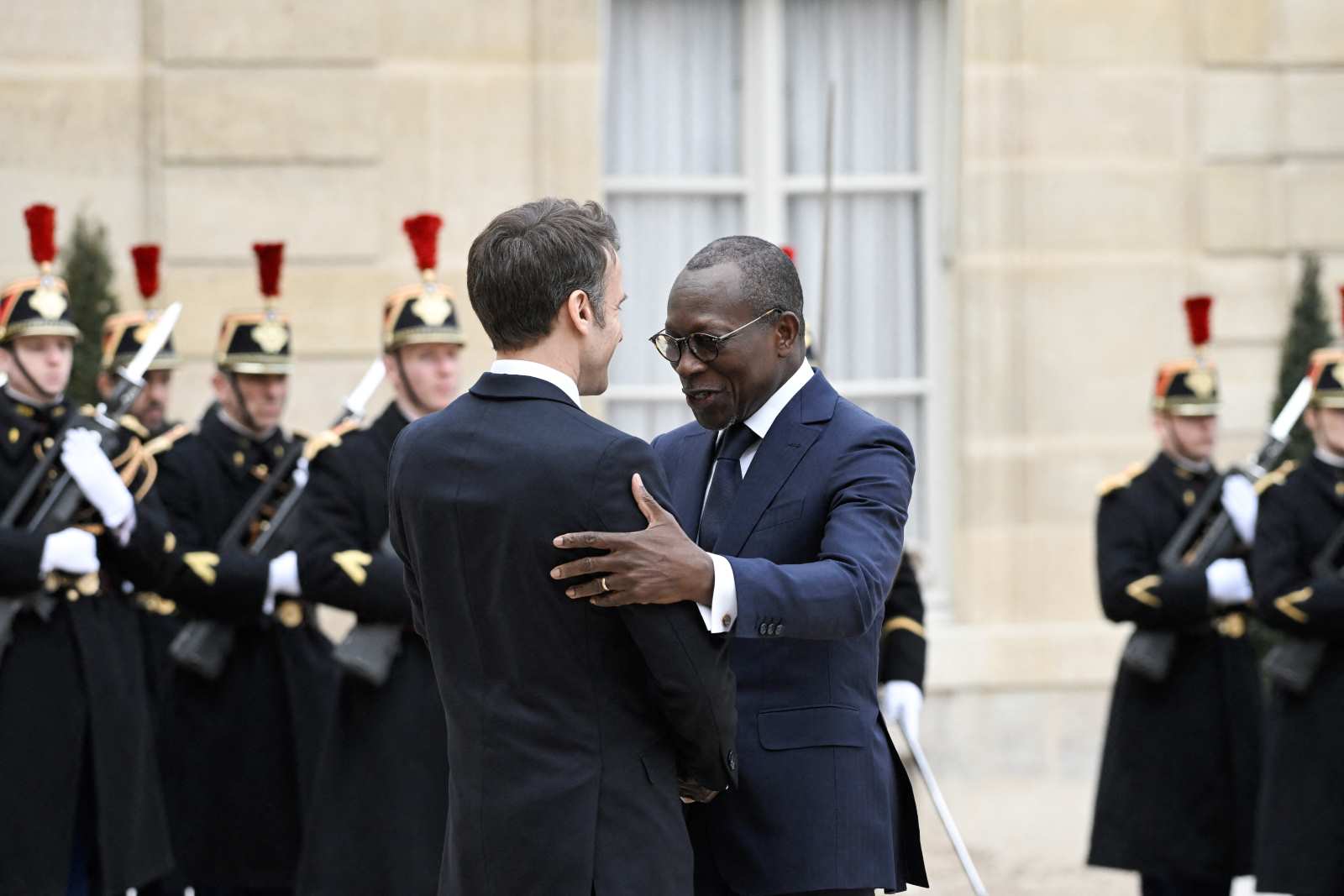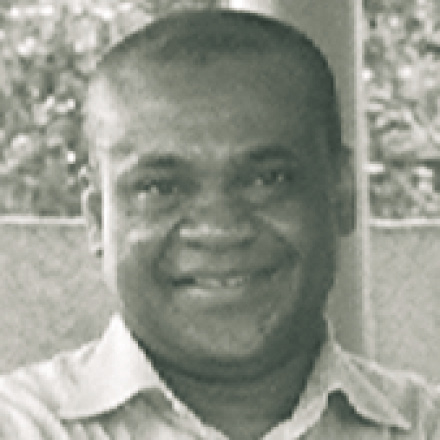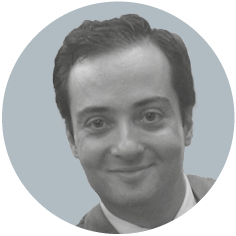Venezuela
From 21st century socialism to dictatorship

Venezuela’s economic, social and political decline set in in 2012 during the last months of Hugo Chávez’ presidency. Under his successor Nicolás Maduro, things have kept getting worse. Food and pharmaceuticals are in short supply. Serious bottlenecks are evident in health care, power and water supply too. In some parts of the country petrol is hard to find. This year, inflation is expected to rise to 1,000 %, while the economy is set to shrink by 4.5 %. Inequality is worsening and security deteriorating.
People have been expressing their discontent in public protests since 2014. Since April 2017, things have been escalating further. There now are rallies all over the country. The new wave of protests was triggered by two Supreme Court decisions which strapped the opposition-dominated parliament of its rights.
The opposition argued the government was staging a “top-down coup”. Even though the attorney general has the reputation of being a Chavista, she surprisingly stated that these decisions violated the constitution. The Supreme Court rowed back a bit, but people still feel a coup is going on.
The crisis escalated further on 1 May when Maduro announced a new constituent assembly. He wants it to change the constitution that was passed in 1999 and is his predecessor’s most important legacy. In contrast to 1999 and in breach of the constitution, no referendum to approve this constituent assembly is planned this time.
Making matters worse, Maduro also announced so-called sector elections for this assembly which would apply to students, business owners or indigenous peoples, among others, along with geographically defined constituencies. However, the constitution does not foresee any such sector elections. Experts say Maduro is trying to achieve some kind of over-representation that would allow him to win a legislative majority with the support of only 20 % of the people. Opinion polls show that 85 % of the people oppose the proposed sector elections.
The attorney general and other high-ranking government officers, moreover, have spoken out against the new constituent assembly, which shows that the Chavistas are no longer united. According to the opposition alliance MUD, the constituent assembly is the coup’s next stage, and indeed its announcement has made the protests, which initially were non-violent, escalate further.
The government in response is increasing repression, enforced by the security forces. So far, more than 70 persons have died, 10,000 have been wounded and more than 3,000 arrested. Some 1,400 people are in detention, and more than 370 civilians have been brought before military tribunals, which, according to the constitution, may only put soldiers on trial.
The Venezuelan scenario is chaotic, dangerous and worrying. It concerns the international community and not only the nation’s citizens. Four issues matter in particular:
- the institutional crisis,
- the erosion of the electoral system,
- the increasing militarism of the government and the militarisation of society in general and
- the political prisoners.
The most important issue is the loss of electoral legitimacy. According to the constitution, governors were supposed to be elected in December 2016, but those elections were postponed indefinitely. A recall-election concerning the president was also postponed indefinitely. Moreover, new rules concerning how the proposed constituent assembly is to be elected do not conform with the constitutional principles of universal suffrage, secret ballots and free choice. Venezuelans are plainly being denied their election rights.
The momentary stalemate in the country cannot last. To prevent further violence, dialogue and negotiations must begin. By ensuring appropriate conditions for that to happen, the international community can help.
Francine Jácome is the executive director and researcher at the Venezuelan Institute for Social and Political Studies (INVESP).
fjacome@invesp.org













